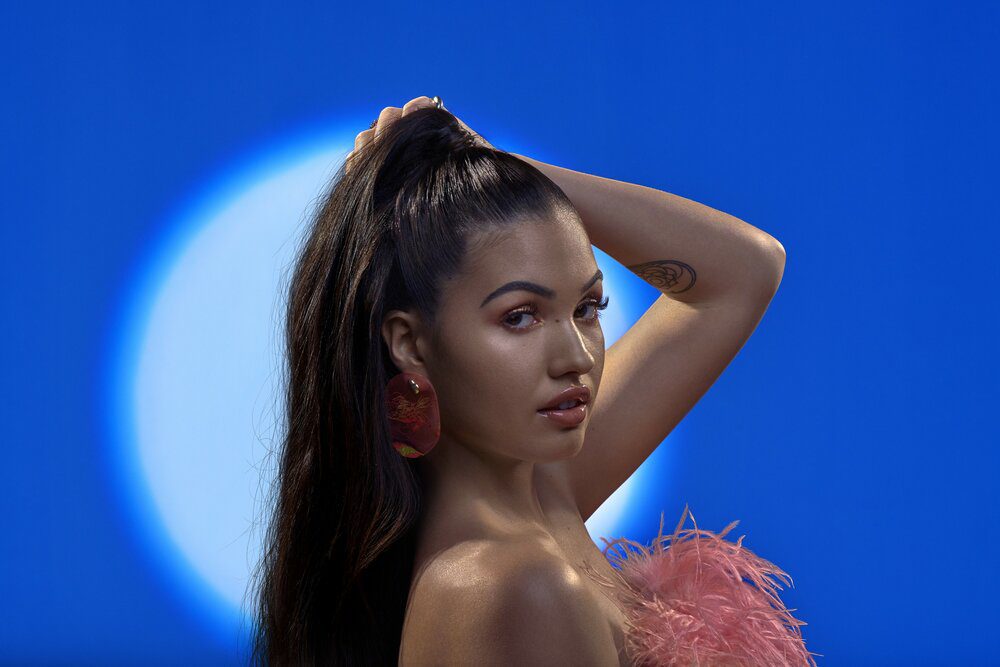
Like many, I sat down to listen to emerging UK pop artist Mabel’s debut full-length High Expectations with just that, high expectations. The songstress comes from remarkable music industry stock, the daughter of Swedish singer-songwriter and rapper Neneh Cherry and British songwriter and producer Cameron McVey, known for his work with prolific artists like Massive Attack and Portishead. Her personal stock has been steadily rising as well: she toured as the opener for Harry Styles and has had a handful of Platinum selling singles since releasing her first on Soundcloud in 2015. So it’s gotta be good, right? Unfortunately, no.
Perhaps the best thing that could be said of this release is the production itself: the tracks sparkle as pinnacle examples of what pop music should sound like. And yet, that’s part of the problem. This record sounds like Mabel makes music she thinks she’s supposed to make, instead of espousing any original sound or artistry. Under the guise of these polished pop products are stale lyrics and derivative slang. “FML” feels like a bargain-brand Kali Uchis, cringing with forced turns of phrase like “Got me wishing I was taking off clothes with you / two weeks and I felt so close to you.” She rests heavily on the laurels of millennial / Gen-Z slang: take track “Mad Love” for example, which tries to earn points by repeating the phrase “All night, give me mad love” over a stock pop backing, resulting in a track that sounds like one you’d only hear in an Uber. Similarly there’s “OK (Anxiety Anthem),” hopelessly topical in subject matter, the modern youthful predilection for anxiety and depression in the face of the world’s woes and our lack of intimate connectivity. She sings “It’s okay to not be okay” over and over in a way that’s desperate for viral shares but lacks any true substance.
The dim highlight of the selection of songs is “Trouble,” if only because it felt fresh to use a matronly phrase like “Looking for trouble” in the context of a hip pop song. The entire album’s lack of originality is enough to instill a sense of anxiety; has the heightened visibility offered to otherwise lackluster talent through Instagram and similar outlets destined us for an epidemic of cloned creatives? The same way Urban Outfitters gives every teen and twenty-something the means to dress like Billie Eillish, High Expectations makes me fear we’re fated to a musical selection limited to a bunch of knock-off Ariana Grandes.

